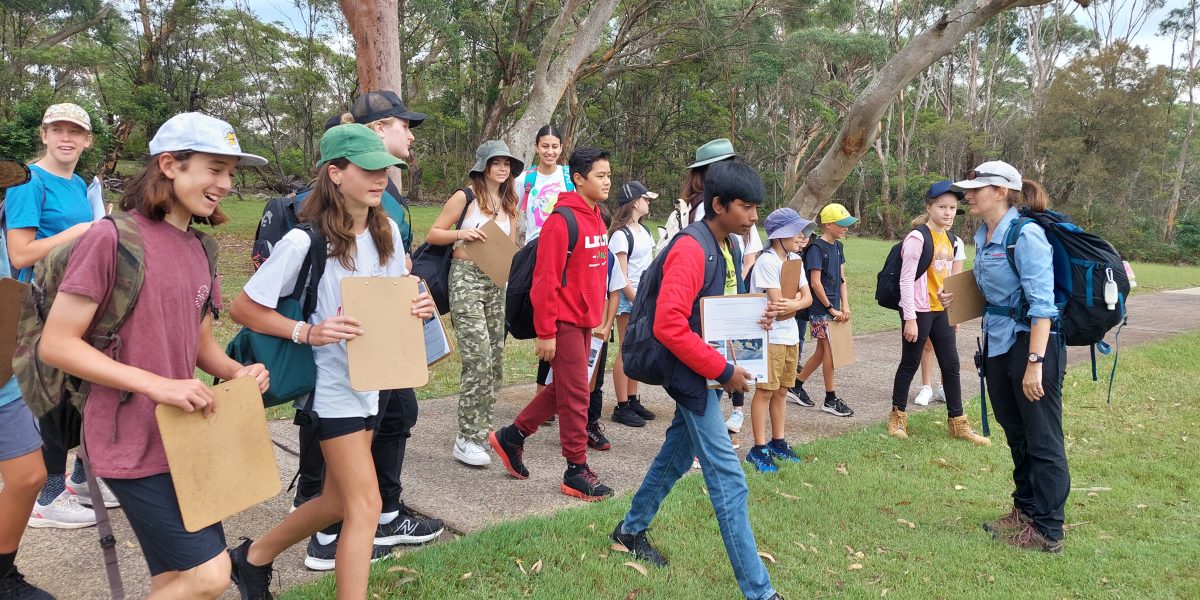Socialisation for children early on is key to a child’s development and impacts how they will interact in society later in life. When it comes to homeschooling children, social interaction is a common fear that many parents have over a conventional school education on campus.
But what is often overlooked is that despite being educated at home, there is a diverse range of ways children can have social interaction that still develop their ability to forge social skills and build relationships that go beyond the classroom.
If you’ve been considering homeschooling your child, this article is for you. We’ll explore what steps you can take with a homeschooled education to ensure that your child develops the building blocks to flourish in society.
Effective Strategies to Socialise Your Homeschooled Children
Beyond the typical classroom and formal education environment, there are more ways to socialise your child than you might think.
Let’s look at a few approaches you can take that will help your child open doors to interact with other children, participate and develop life-long relationships that will help them become productive members of society later in life.
Online Socialisation
With technology and social platforms, the world is yours and your child’s oyster. Online forums that allow parents and children to interact, collaborate, and share experiences locally and across the world allow your child to see what exists outside of a typical classroom and gain a global perspective early on in life.
Make Time for Social Gatherings and Play Dates
By planning regular social interactions with your child’s friends or physical catch-ups with other homeschool families, not only do you all have something in common, but it’s a great way for children to put their skills into practice in a real-life setting. Some great ways to facilitate this interaction are a game night, picnic or group events.
Create Opportunities for Communication
Communication in the real world is a key skill to develop in children. Providing opportunities to allow your child to communicate with others teaches them the value of active listening, expressing thoughts and ideas, as well as the chance to speak in a larger group setting. These skills provide the foundation for children to develop confidence and handle social situations more easily.
Emphasise the Real-World
Homeschooling provides flexibility in scheduling, allowing children to engage in real-world experiences that can enhance their social skills. Encourage visits to local businesses, museums, parks, and cultural events. Engaging with different environments and encountering a diverse range of people helps children develop adaptability, empathy, and an understanding of the world around them.
Get Involved in the Community
Encourage your child to participate in community activities such as sports teams, clubs, art classes, music lessons, or scouting groups. Community activities are a great way for children to interact with other children who share similar passions and with other adults and mentors. Volunteering and participating in local community events are also useful to integrate your child into being an active participant in a broader community context, teaching them skills of sharing, supporting and helping others.
Measured Social Interactions
While there is a greater onus on the parents to socialise their child in a homeschooled setting, the opportunities for interaction can be measured, and you can receive more valuable feedback directly from your child or by the facilitator of the interaction. When you compare this approach to a common classroom setting, it is much harder to quantify what works best for your child, given the size of the classroom and the need to bring a much larger group through the educational journey.
There are many ways a child can interact socially. From online meetings between multiple home students and their teachers to physical social interactions, which can give your child a better understanding of the nuances of social interactions in the modern world and also for you to determine which type of socialisation works best for your child.
Lions Education: A New Approach to Socialisation Through Homeschooling
In the past, homeschooling and how it socialises children has been misrepresented, with the broader public not believing in the legitimacy of the style of education. While the concept may not suit every family or child’s needs, sufficient evidence suggests that homeschooled children can benefit academically and socially.
It ultimately depends on family circumstances and the child’s needs, but if you are considering homeschooling your child, why not consider Lions Education homeschooling?
Homeschooling allows parents, tutors and students to create a tailored learning environment that engages students’ attention, memory, and recall more effectively.
Our Lions Education homeschooling educators are dedicated to providing world-class homeschooling education solutions in the East Coast and Darwin area that can adapt to our world’s changing educational landscape. Register to enrol online, or contact us today to learn more about the Lions Education approach to learning.


